Pyli, located in the heart of Kos Island, Greece, is a village that seamlessly blends historical significance with traditional Greek charm. Situated approximately 15 kilometers southwest of Kos Town, Pyli offers visitors a glimpse into the island’s rich past and vibrant present.
Historical Significance
Pyli’s history dates back to ancient times, with archaeological findings indicating continuous habitation. Notably, the nearby hill of Psoriari houses remnants of a sanctuary dedicated to the goddesses Demeter and Persephone, highlighting the area’s ancient religious importance.
A short distance from the modern village lies the abandoned settlement of Palio Pyli (Old Pyli), often referred to as the “Mystras of the Dodecanese” due to its impressive medieval fortress. Constructed in the 11th century, the fortress served as a strategic stronghold during Byzantine and later Ottoman periods. Visitors can explore the ruins of the castle, ancient churches, and traditional houses, all set against the backdrop of the island’s rugged landscape.
Cultural Attractions
In the heart of Pyli, the Traditional House of Pyli (Pyliotiko Spiti) offers a window into the daily life of early 20th-century villagers. This meticulously preserved home showcases authentic furnishings, household items, and agricultural tools, providing insights into the island’s cultural heritage.
Another notable site is the Tomb of Charmylos, a Hellenistic-era monument believed to be the final resting place of a local nobleman. The tomb’s architectural features, including its vaulted chamber and stone construction, reflect the funerary practices of the period.
Natural Beauty and Local Life
Pyli is renowned for its natural springs, particularly the Ottoman-era fountain in the village square, which continues to provide fresh water to residents and visitors alike. The surrounding landscape, characterized by olive groves and fertile plains, supports the village’s agricultural activities, with tomatoes being a prominent local product.
The village’s central square serves as a hub of social activity, lined with traditional cafes and tavernas where locals gather to share stories and enjoy regional cuisine. This vibrant community spirit offers visitors an authentic experience of Greek village life.
Pyli stands as a testament to Kos Island’s rich tapestry of history, culture, and natural beauty, inviting travelers to explore its ancient ruins, engage with its traditions, and immerse themselves in its serene landscapes.

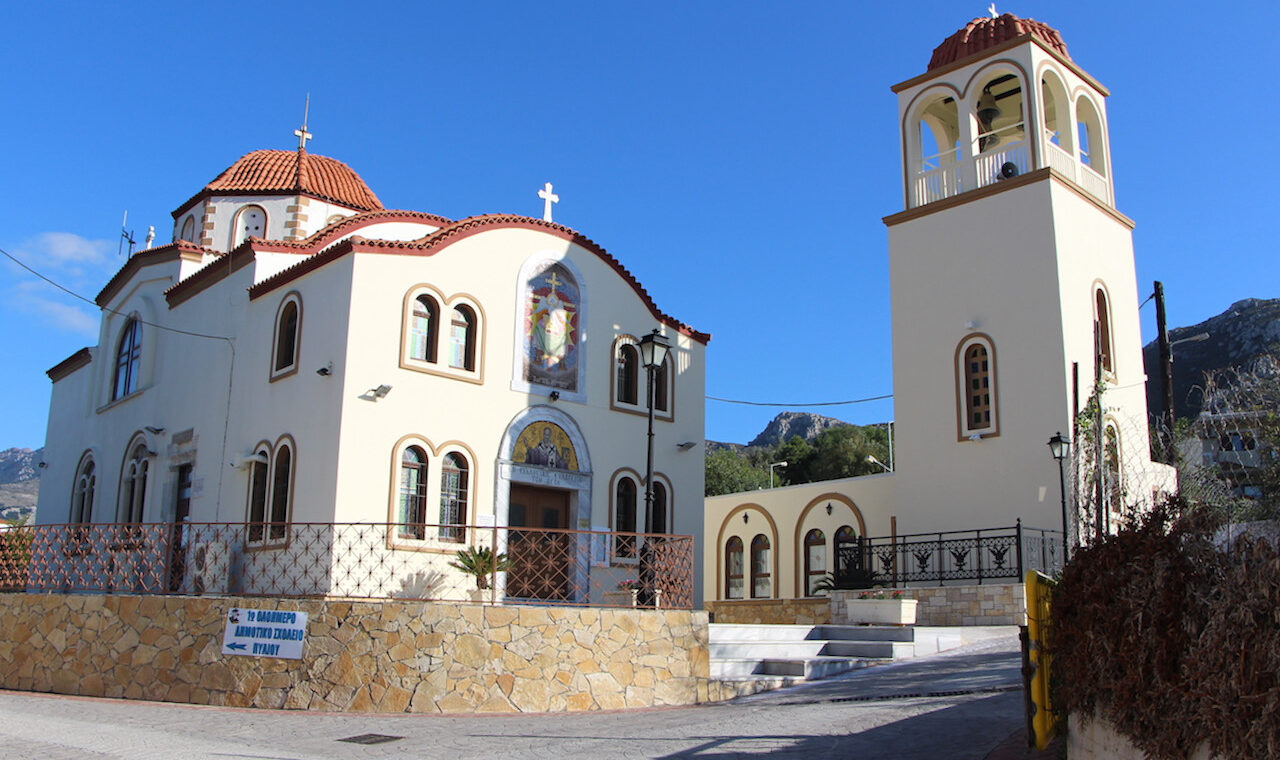
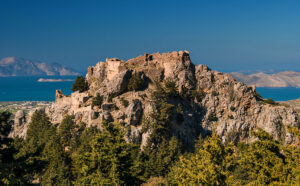
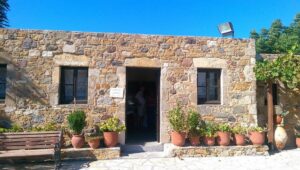
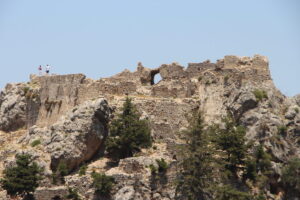
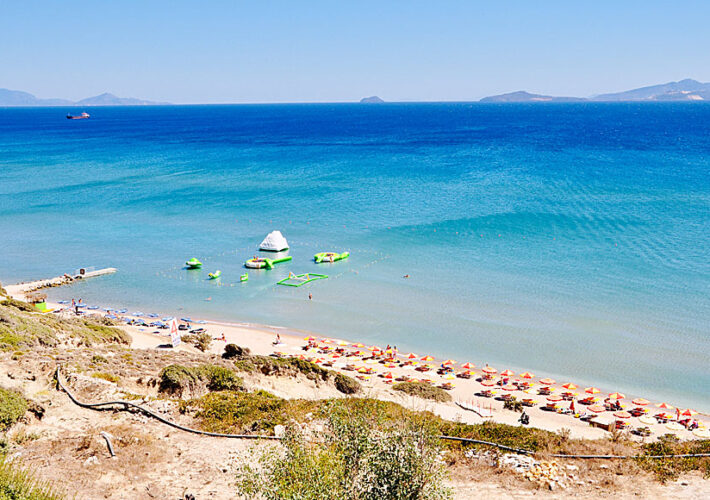
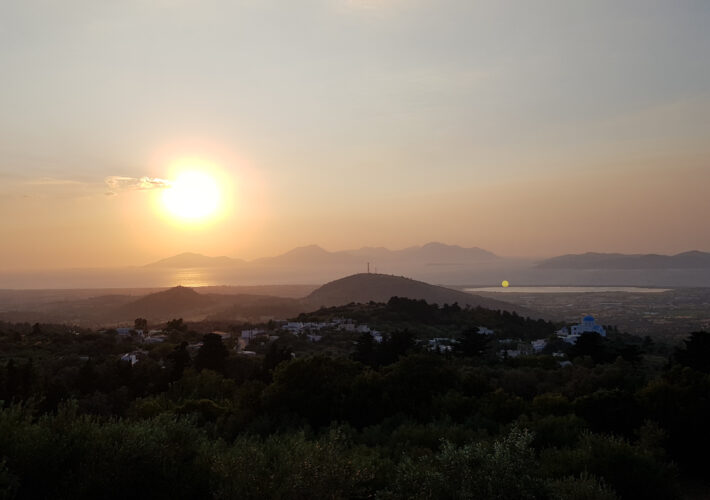


Leave a Comment